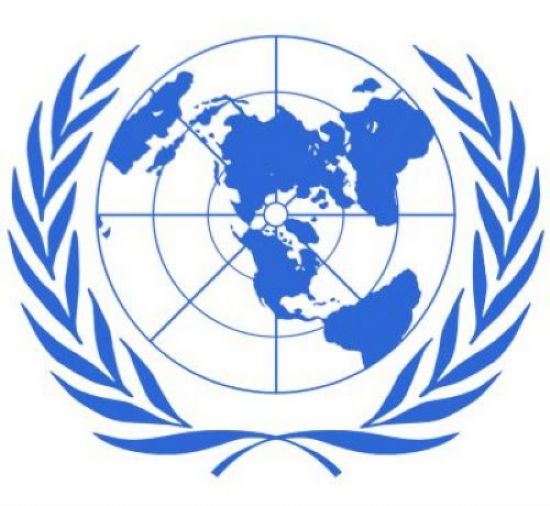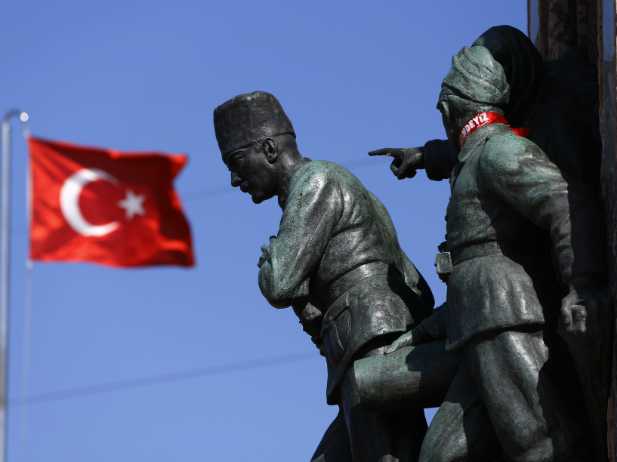By Peter Hannaford
Published 7/22/2008
Mozart’s music gets around a lot, but never before in Saudi Arabia where it was recently on the program of a first-ever concert of European music to be performed in the desert kingdom. Not only that, the German quartet was playing before an audience composed of both men and women in the same hall.
In Saudi Arabia’s carefully gender-segregated society, the event was unprecedented. This came on the heels of King Addullah’s call for an interfaith dialogue between Muslims, Christians and Jews — this in a country where conducting religious services other than Islamic can land one in prison.
The king followed through with his call, first by convening in June a group of 500 Muslim scholars — Sunni and Shiite — in Mecca to exchange views about interfaith dialogue. The conference closed with an endorsement of such a dialogue.
This led to King Abdullah’s invitation to 200 Muslim, Christian and Jewish clerics to meet with him last week in Madrid to discuss areas where all could find common ground. While this meeting produced no breakthroughs, it was not intended to. Spain was chosen for the meeting site because, from the 8th to the 13th century, Muslims, Christians, and Jews lived more-or-less in harmony there.
The conference reflects Abdullah’s own growing moderation in the face of terrorist attacks on Saudi soil four and five years ago. While he has considerable support for moderation of Saudi Arabia’s austere Wahhabist version of Islam as well as liberalizing some social customs, he also has critics among hard-line clerics within his country, so he must move with some care.
Abdullah discussed his idea for the interfaith initiative with a group of visiting Japanese scholars last spring. He said his goal would be “to agree on something that would maintain humanity against those who tamper [with] religions, ethics and family systems.” He told them he had discussed his ideas with Pope Benedict XVI.
In Saudi Arabia major decisions are made by consensus, developed cautiously. King Abdullah, with a strong base of tribal support, is well positioned to take such initiatives and to gradually introduce reforms in Saudi society.
MEANWHILE, MODERATE VOICES in Islam are beginning to speak out elsewhere. In Late May, several thousand Indian Islamic clerics and madrassa teachers met in New Delhi for an Anti-Terrorism and Global Peace Conference. The major event was the issuance of what has been called the world’s first unequivocal fatwa against terrorism. The fatwa states, “Islam is a religion of peace and security. In its eyes, on any part over the surface of the earth, spreading mischief, rioting, breach of peace, bloodshed, killing of innocent persons and plundering are the most inhuman crimes.” The fatwa was developed at Darul Uloom Deoband, the world’s second largest Islamic seminary which controls thousand of Islamic seminaries in India. The fatwa was validated with pledge by the approximately 100,000 people at the conference.
Other Muslim groups are speaking out against Islamist terrorism. The Ahmadiyya Muslim Community, with 20 million members worldwide, routinely takes the position that there is nothing in the Koran to justify violent jihad in modern times.
In Britain, which tends to handle matters pertaining to its Muslim minority with kid gloves, the government is developing a plan to send imams into schools to teach students that extremism is wrong and to emphasize citizenship and multiculturalism.
In Pakistan, an idea of a Turkish Islamic scholar, Fethullah Gulen, himself steeped in the Sufi tradition of introspection, has materialized in the form of seven schools in Pakistan cities. There, Turkish teachers dispense a Western curriculum of courses, in English, from math to science to literature. They also encourage the maintenance of Islam in the schools’ dormitories. In a country with a weak public school system which competes with many hard-line madrassas, the Turkish schools have found a strong following.
While suicide bombings may capture the attention of the evening news’s cameras, the forces of moderate Islam are finally beginning to emerge vocally and in numbers.
Peter Hannaford is a member of the Committee on the Present Danger.
Source: The American Spectator, 22.07.2008





